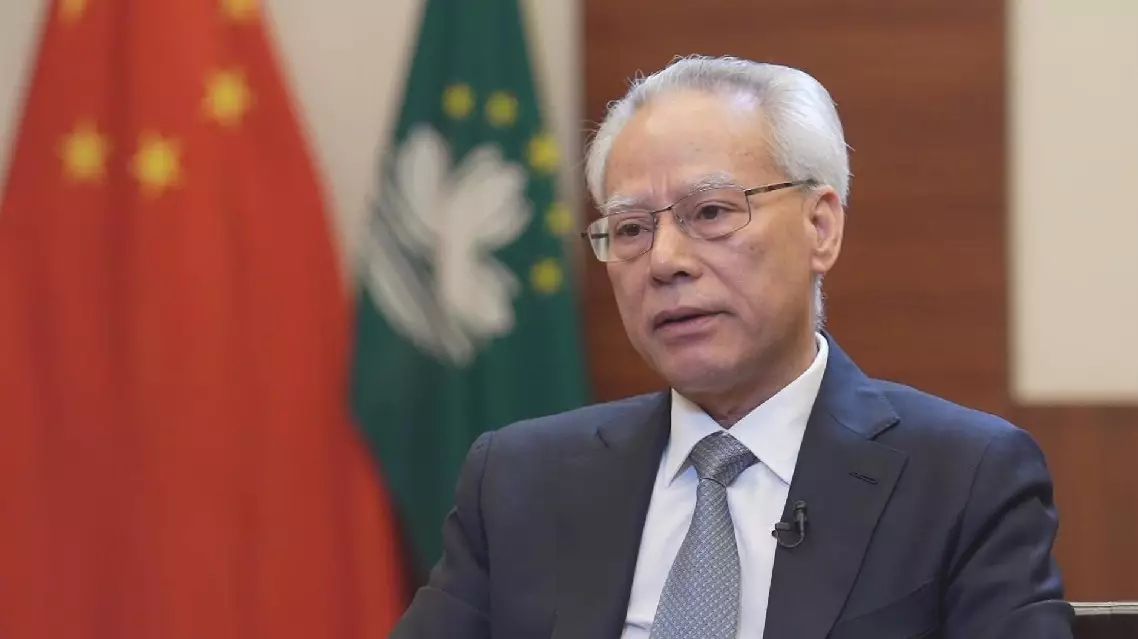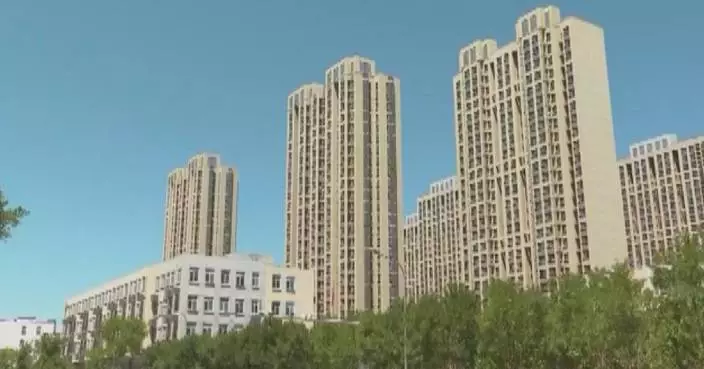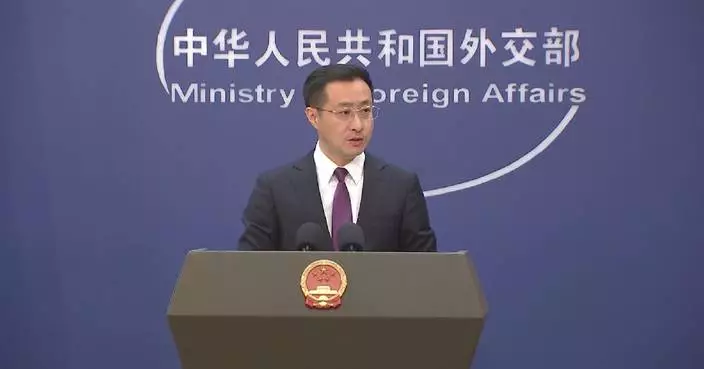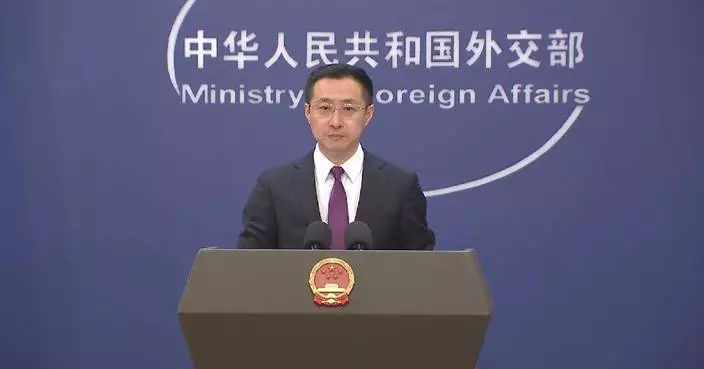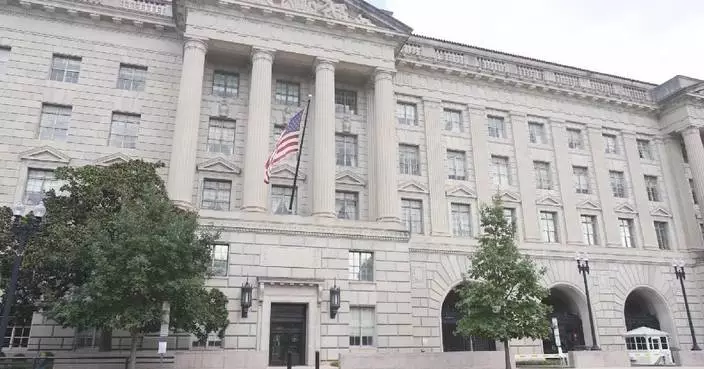Armed groups of the Hayat Tahrir al-Sham (HTS) spread across several streets and neighborhoods in Aleppo city in northern Syria on Saturday, a day after the militant group stormed parts of the city, according to local media and opposition activists.
Most civilians are staying indoors, with schools and government institutions almost completely shut down, according to pro-government Sham FM radio.
On Friday, the HTS, an al-Qaida-linked extremist organization, and allied rebel groups swept into parts of Aleppo city for the first time since they were driven out of the city in 2016. The escalation came as the HTS launched a major offensive in the western countryside of Aleppo last Wednesday.
The HTS seized Aleppo International Airport on Saturday, the first civilian airport to fall under HTS control, the Syrian Observatory for Human Rights said Saturday.
The insurgents are now pushing toward Hama, taking control of a number of towns and villages in the northern part of the province amid reports of swift retreats by Syrian government forces, according to the Britain-based war monitor.
The rebel advance has prompted significant changes in the region, including the withdrawal of Iranian-backed militias and the repositioning of Kurdish units on the northwestern outskirts of Aleppo, it added.
"The rapid advancement can be attributed to the large scale of the attacking forces and means employed, supplemented by significant firepower support from the Turkish occupation forces, leading to a surprise effect. Additionally, the lack of genuine preparedness by the Syrian army in the region, which is designated as a de-escalation zone under international agreements, further contributed to this outcome," said Brigadier General Haitham Hassoun, a military expert.
Political analyst Osama Danoura highlights concerns over the ownership and control of Syria amid the spread of terrorism in Aleppo, which poses a threat with potential global implications for the security of various nations.
"A new development in the Syrian conflict involves the question of who owns or controls Syria. Apart from the Idlib region, the expansion of terrorist organizations in Aleppo poses a threat that extends across regions, possibly even continents, which could jeopardize the national security of Russia, Gulf countries, Egypt, many North African nations, and countries in Central Asia," said Danoura.
Faced with overwhelming numbers of militants and multiple attacks, the Syrian army announced a temporary redeployment of its forces to absorb the impact and disrupt supply routes, amidst concerns of escalating and broadening attacks.
The redeployment prompted the command to withdraw troops to the northeastern and eastern parts to Aleppo to establish a defensible line, rather than participate in combat operations within the city. This decision is expected to ensure that reinforcements could arrive and be deployed along the front lines for the counteroffensive. Terrorists were attempting to expand from the neighborhoods in southern Aleppo. And in the past few hours, their forces already reached these neighborhoods," said Hassoun.
Aleppo was once Syria's largest city and economic hub. In 2011, the Syrian civil war erupted, quickly turning it into a fiercely contested battleground for all sides. In December 2016, the Syrian government forces regained control of the city of Aleppo.
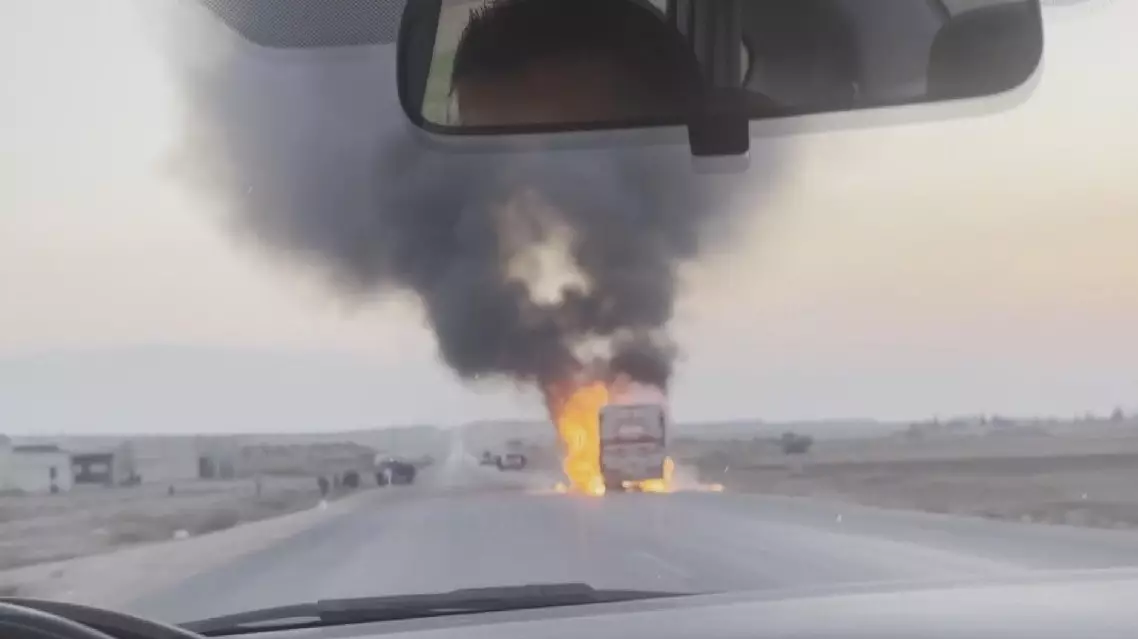
Syrian armed groups enter Aleppo city as Syrian army prepares for counterattack
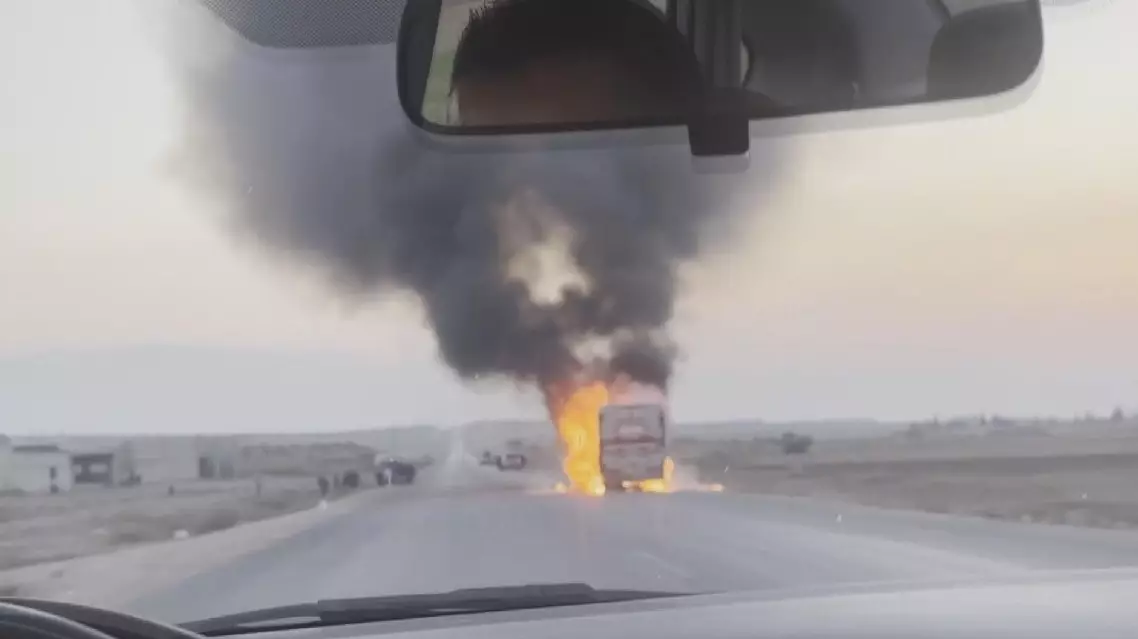
Syrian armed groups enter Aleppo city as Syrian army prepares for counterattack


